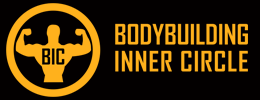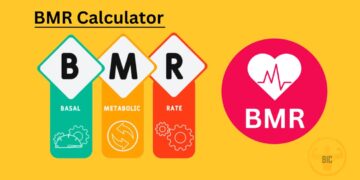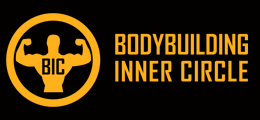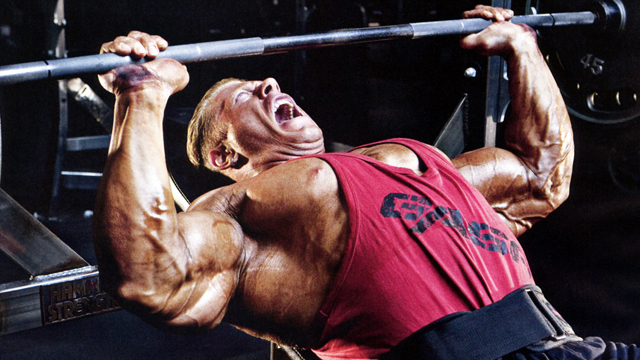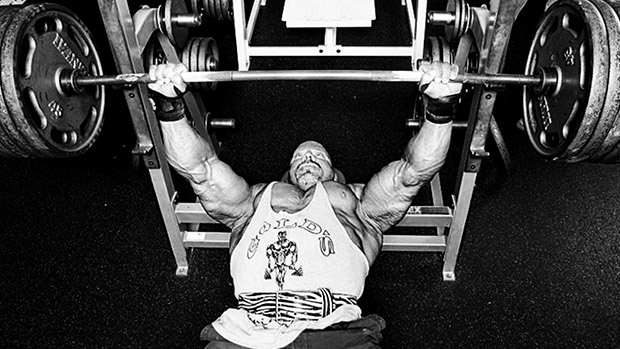Strength training is integral to bodybuilding, helping individuals build muscle mass, increase strength, and achieve their fitness goals. However, even the most dedicated bodybuilders encounter plateaus in their training journey. Plateaus are points where progress seems to stall, and gains become challenging to achieve, leading to frustration and demotivation.
Understanding Plateaus
Plateaus are periods of stagnation in strength and muscle gains despite consistent training efforts. They are a natural part of the training process and can be caused by factors such as overtraining, lack of variation in exercises, or inadequate recovery.
Breaking Through Plateaus
To overcome plateaus, it’s essential to evaluate your current training routine and identify areas for improvement. One effective strategy is the progressive overload principle, which involves gradually increasing your workout’s weight, reps, or sets. Additionally, periodization and incorporating varied exercises can help stimulate muscle growth and prevent plateaus.
Compound vs. Isolation Exercises
Compound exercises, such as squats and deadlifts, target multiple muscle groups simultaneously and are excellent for overall strength development. Combining compound exercises with isolation exercises, which focus on specific muscles, provides a balanced training approach.

Importance of Rest and Recovery
Rest and recovery are vital for muscle growth and preventing injuries. Overtraining can hinder progress, so allowing sufficient time for rest between intense workouts is essential.
Nutrition for Breaking Plateaus
Proper nutrition is equally important in overcoming plateaus. Consuming an adequate amount of protein supports muscle repair and growth. Carbohydrates provide energy for intense workouts, and healthy fats affect hormonal balance.
The Mind-Muscle Connection
Developing a strong mind-muscle connection during workouts enhances focus and concentration, leading to more effective training sessions. Visualization techniques can also help improve performance.
Supplementation for Progress
Supplements like creatine and BCAAs can enhance strength gains and recovery. However, supplements are crucial as part of a balanced diet and training plan.
Tracking and Monitoring Progress
A workout journal lets you track your progress, identify patterns, and adjust your routine. Measuring strength gains can also provide motivation and a sense of accomplishment.
Common Mistakes to Avoid
Inconsistent training and neglecting proper form and technique are common mistakes that can hinder progress. Addressing these issues can lead to better results.
Staying Motivated and Consistent
Setting achievable goals and training with a partner or a group can help maintain motivation and consistency in your strength training journey.
Overcoming Mental Blocks
Positive self-talk and seeking support from professionals can help overcome mental barriers and maintain a positive mindset during challenging times.
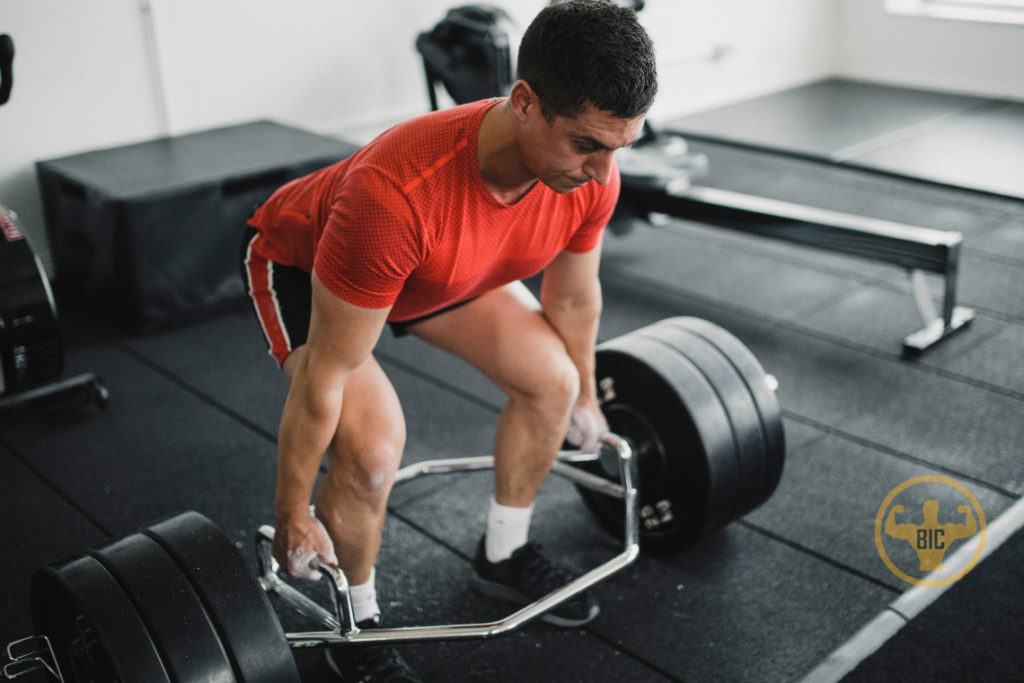
The Role of Sleep in Muscle Recovery
Quality sleep is essential for optimal muscle recovery and overall well-being. Prioritize sleep to support your training efforts.
Dealing with Injuries
Listening to your body and seeking professional guidance when dealing with injuries is crucial for long-term progress and preventing further harm.
Conclusion
Plateaus are a natural part of strength training, but with the right approach, they can be overcome. By incorporating proper nutrition, adequate rest, varied exercises, and a positive mindset, bodybuilders can break through plateaus and continue progressing in their fitness journey.
FAQs
How long do plateaus usually last?
Plateaus can vary depending on individual factors but can last from a few weeks to a couple of months.
Is it necessary to take supplements for progress?
Supplements can be beneficial but should complement a well-balanced diet and training plan.
Can overtraining cause plateaus?
Yes, overtraining can lead to plateaus and even regress in strength and muscle gains.
Should I change my entire routine to overcome plateaus?
Not necessarily. Making targeted changes, like incorporating progressive overload, can be more effective.
Can mental blocks affect strength training progress?
Absolutely. Mental blocks can hinder performance and progress but can be addressed with the right mindset and support.
